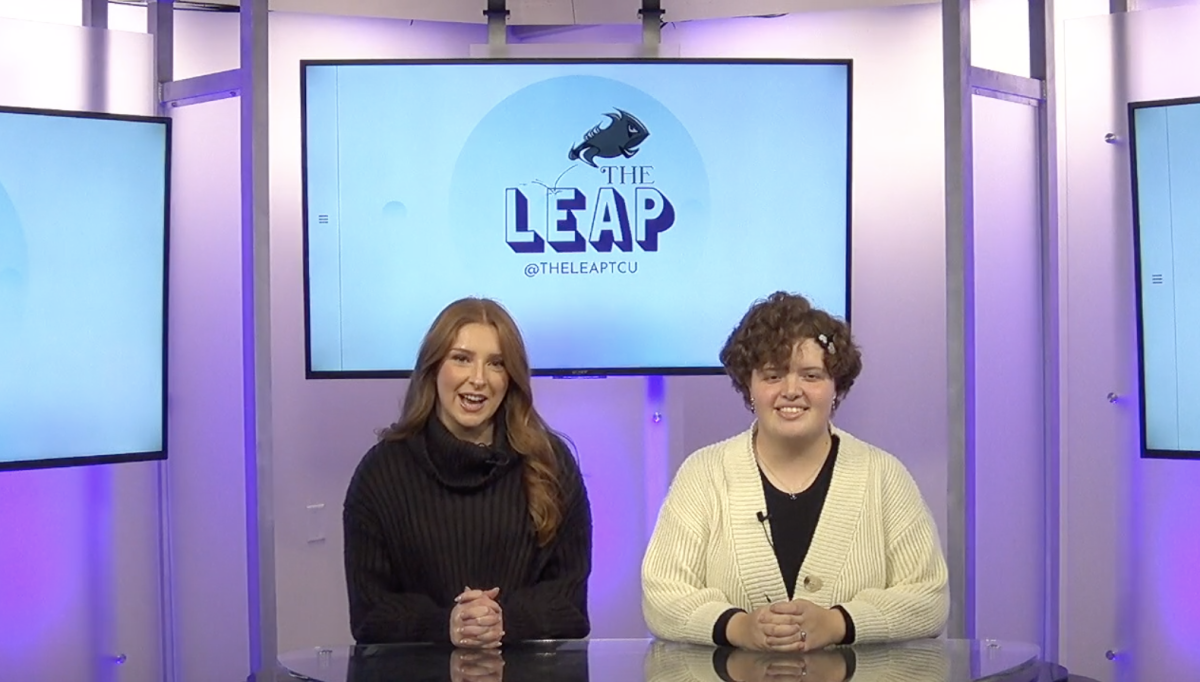As its visibility increased over the years, Scientology became a joke to the world at large. This is as it should be. Scientology is ridiculous. Fans of South Park should remember one of the series’ best episodes, “Trapped in the Closet” (2005), which parodied the belief system behind Scientology in detail. Here’s the very short version: An evil space god, Xenu, killed his alien followers and trapped their souls. Somehow, he then deposited their souls into the volcanoes of Hawaii. When the volcanoes exploded, the alien souls attached themselves to human beings, and that’s why we’re all here today. After typing those last few sentences, I feel my grip on sanity is slipping.
Given its outrageous beliefs, why is anyone attracted to Scientology? “The Master”, directed by Paul Thomas Anderson (“There Will Be Blood”, “Magnolia”) attempts to answer that question by introducing us to the man behind the curtain – L. Ron Hubbard. Of course, his name has been changed in the film, as have other words and phrases; for instance, Scientology becomes “The Cause." Hubbard becomes Lancaster Dodd, portrayed to sleazy perfection by Philip Seymour Hoffman.
Dodd is a so-called writer. He is fat. His hair is thinning. He’s always red in the face and sweaty. In spite of all this, he’s extremely charismatic and wealthy, and has managed to attract a number of followers to his new “religion," The Cause. We first encounter Dodd through the eyes of one of his new followers, Freddie Quell (Joaquin Phoenix). He’s a Navy vet who’s just returned from the Pacific Theater of World War II. To call him an alcoholic is an enormous understatement. This man drinks gasoline, paint thinner, and in one moment of desperation, pure Lysol. He’s sex-obsessed. He has an explosive temper. If anyone ever needed to find religion, it’s Freddie Quell.
Quell, in a drunken stupor, stumbles across one of The Cause’s gatherings. Dodd decides to take him under his wing. Make no mistake — this is not an act of sympathy or pity. Dodd sees Quell’s weaknesses, and understands that he can use this man for his own ends. This is the same way cult leaders like Charles Manson and Jim Jones attracted so many followers; they offered salvation and shelter to confused, vulnerable people who had no where else to go.
Dodd begins to instruct Quell in the ways of The Cause. The rituals they practice are all culled from Scientology. In one scene, Dodd forces Quell to sit calmly while he is verbally abused by another member of The Cause. The goal of this exercise is for Quell to eventually have no reaction to the insults whatsoever. In Scientology, this process is known as “bull-baiting." Over time, Quell becomes fiercely dedicated to both Dodd and The Cause, even as he begins to realize Dodd is a false prophet and a fraud.
But Quell gets something out of The Cause, as do all of its followers. This is the film’s greatest strength: It offers an explanation for why people can believe in something as seemingly empty and fake as Scientology. Freddie Quell is a drunk veteran with few discernible skills. His life is a monumental wreck. He has questions, and Dodd has answers, even if we think they’re bogus.
A great deal of the film’s power stems from the superb acting — Joaquin Phoenix and Philip Seymour Hoffman create rich, nuanced characters that will almost certainly place both their names on the short lists for Best Actor and Best Supporting Actor. Phoenix proves he’s a force to be reckoned with, as he boozes and rages through his scenes, seemingly ready to jump out of his skin. As Dodd, Hoffman is simultaneously charming and repulsive, much like the real L. Ron Hubbard.
“The Master” is a beautifully filmed character study. It’s garnered several awards at major film festivals and will no doubt be present in several categories at this year’s Academy Awards. However, I’m not sure this film is for average movie-goers. The obscure subject matter might lose viewers who aren’t very familiar with Scientology. It may also have benefited from having some scenes cut – at 136 minutes, it begins to drag under the weight of extraneous material.
Overall, “The Master” is a deeply intriguing film. My movie-going companions and I discussed it for hours afterward. If you’re willing to follow where it takes you, you’re in for an interesting ride.






